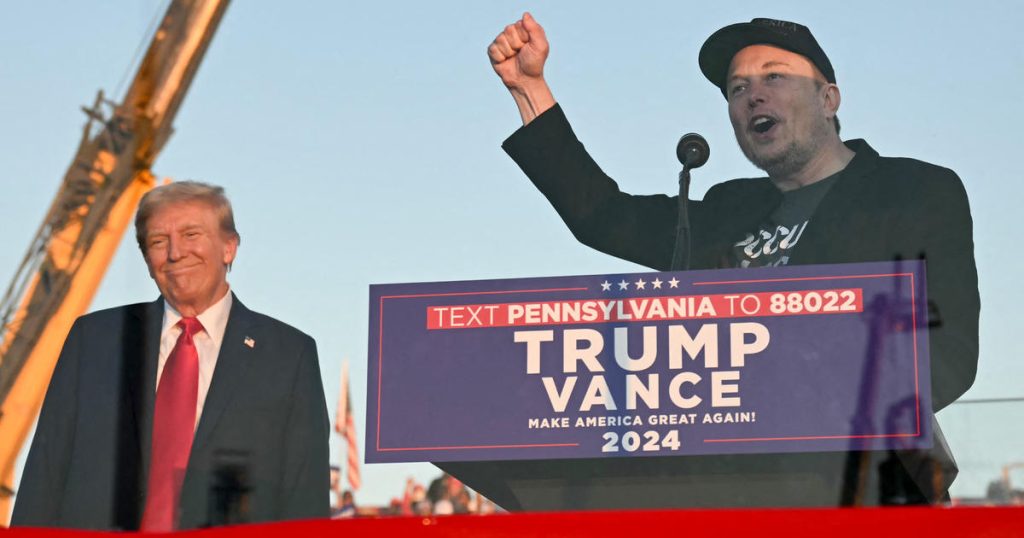Elon Musk has been using X, formerly known as Twitter, to share conspiratorial narratives about election security since January 2024, accumulating nearly 3.3 billion views. His posts have raised concerns among public officials who are trying to maintain confidence in the election process amid a flood of misinformation and disinformation. Musk’s posts often contain misleading or false statements about election security, with 55% of them containing such content. Moreover, 40 of the accounts he interacts with are known promoters of voter fraud claims, further amplifying misinformation.
Critics have raised concerns about Musk’s impact on the 2024 election, especially on election night if Trump believes he is losing. Musk’s platform reaches millions of users, potentially leading to the spread of disinformation and undermining the election process. His increased engagement with election-related conspiracies has aligned with his support for the political right, with Musk formally endorsing Trump for a second term following an assassination attempt on the former president. Musk’s posts have shown unwavering support for Trump and have attracted significant attention and engagement from his followers.
Musk’s posts on election security often focus on topics like non-citizen voting, voter fraud, and mail-in ballots, perpetuating conspiracies about Democrats importing voters and tampering with voting machines. These posts have gained hundreds of millions of views, influencing public opinion and potentially sowing seeds of doubt in the electoral process. Musk’s engagement with far-right accounts and promotion of extreme viewpoints have raised concerns about the impact on his followers and the wider online community, potentially leading to the proliferation of harmful ideologies.
The analysis by Convocation Research + Design found that Musk primarily interacts with far-right accounts on the topic of election integrity, amplifying their conspiracies and misinformation. Republican lawmakers and conservative activists are among the top accounts Musk engages with, further reinforcing his alignment with the right-wing political spectrum. Experts fear that Musk’s posts could undermine trust in the election process and perpetuate lies about voter fraud and election integrity, which may have real-world consequences, such as threats and harassment directed at election officials.
It is important to provide facts about voting to counter the misinformation spread by Musk and others. Non-citizen voting is not widespread, and measures are in place to prevent fraud, such as verification of voter identities and post-election audits. Voting machines are tested and certified before use, and paper ballots allow for manual verification of machine counts. Mail-in voting has historically been secure and reliable, with measures in place to prevent tampering and duplication. By addressing falsehoods and providing accurate information, efforts can be made to safeguard the integrity of the election process and combat misinformation and disinformation.
Overall, Elon Musk’s influential presence on social media, particularly on X, has raised significant concerns about the spread of election-related misinformation and disinformation. His posts have the potential to undermine voter confidence, distort the electoral process, and amplify extremist viewpoints. It is crucial for authorities, experts, and the public to be vigilant, fact-check claims, and promote accurate information to ensure the integrity of elections and democracy.


